Articles Post Operative Complications
People who have been discharged home from hospital following surgery can still develop post operative complications. It is important to be aware of the warning signs and seek early medical attention.
Post Operative Complications- Deep Vein Thrombosis (DVT)
A DVT is a blood clot that forms as a result of blood pooling in the deep veins. High risk factors include:
- recent surgery especially operations involving the lower limbs
- prolonged bed rest/immobility
- obesity
- older age
- smoking history
- prolonged sedentary postures (i.e. aeroplane travel)
DVTs most commonly occur in the calf but can also occur higher up in the leg and in the upper limbs (far less common). Symptoms of a lower limb DVT can include:
- pain, heat and swelling in the calf/foot with no trauma
- pain at rest
- colour changes in the foot/calf (i.e. blue/red/white)
- calf cramping
- shortness of breath and chest pain (if clot has travelled to lungs see below)
Urgent medical attention should be sought in these situations as small fragments of the clot can potentially dislodge and travel to the lungs, brain or heart and have fatal consequences. After surgery it is extremely important to commence regular ankle pumping exercises and gentle walking asap to promote blood flow.
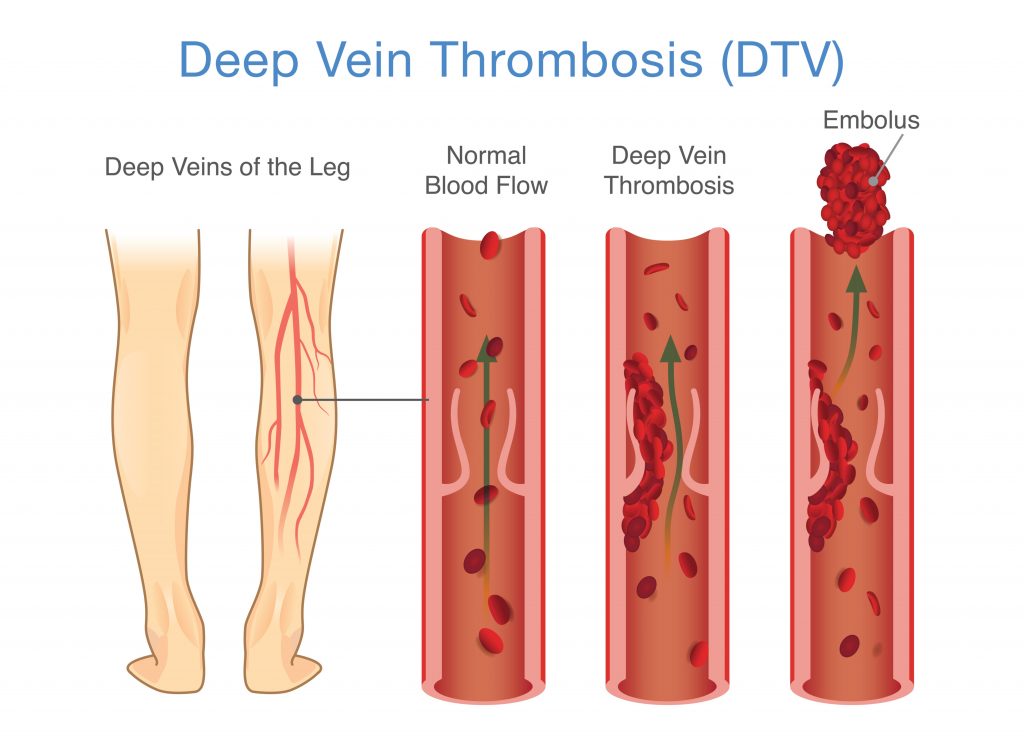
Post Operative Complications- Infection
Healing wounds are particularly susceptible to developing infections. Signs and symptoms can include:
- puss or discharge from the wound site
- bad odour coming from the wound site
- increasing redness, heat, swelling and pain from the wound site
- chills and fevers (temperature of <38 degrees Celsius)
- worsening fatigue and lethargy
High risk factors include:
- obesity
- smoking history
- diabetes
- older age
- impaired immune function (i.e. cancer)
Having your wounds regularly attended to, keeping the dressings clean and dry, practising good personal hygiene and minimising the risk factors (as above) leading up to and after surgery can help to reduce the chances of developing an infection.
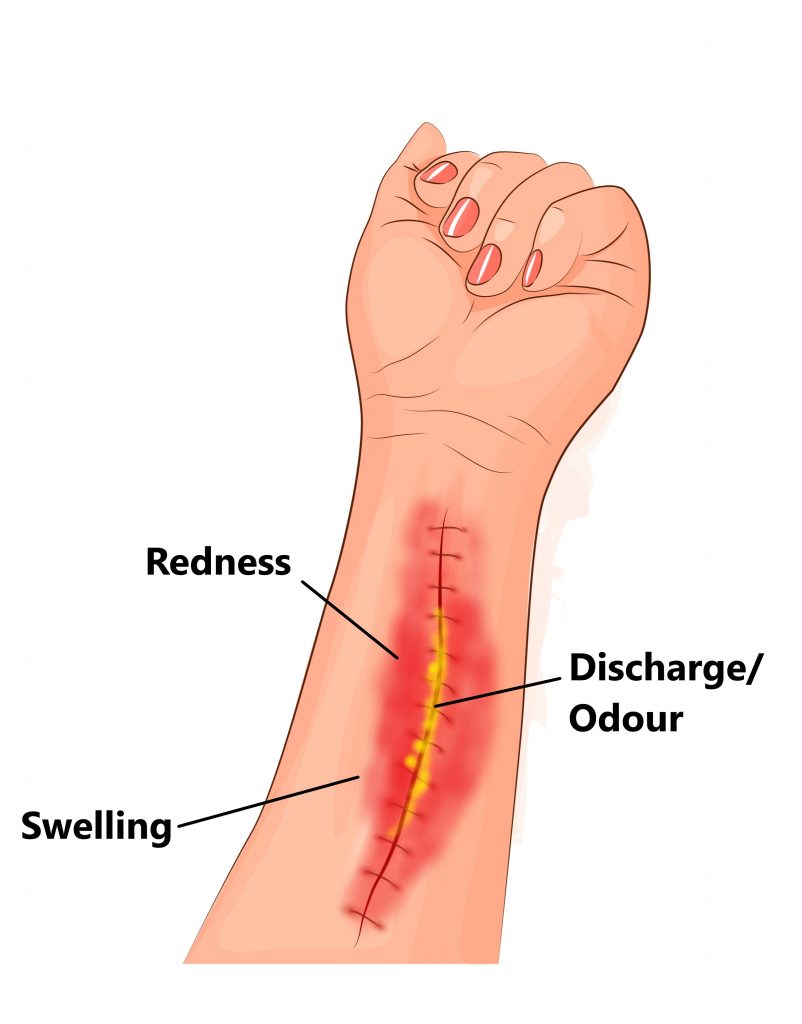
Post Operative Complications- Pneumonia
Following surgery people tend to spend a fair bit of time lying in their beds. Unfortunately, this is not the best position for your lungs. Lying flat causes the lungs to partially collapse much like a partially inflated balloon. This decreases the amount of lung surface area available for oxygen exchange and makes it easier for infections to develop into pneumonia. Signs and symptoms can include:
- chills and fevers (temperature of <38 degrees Celsius)
- worsening fatigue and lethargy
- shortness of breath
- confusion or changes in mental state
- nausea vomiting diarrhoea
- chest pain with breathing and coughing
Conversely, upright postures help to expand the lungs. After surgery it is important to perform regular deep breathing and coughing exercises, minimise lying positions and go for regular walks.
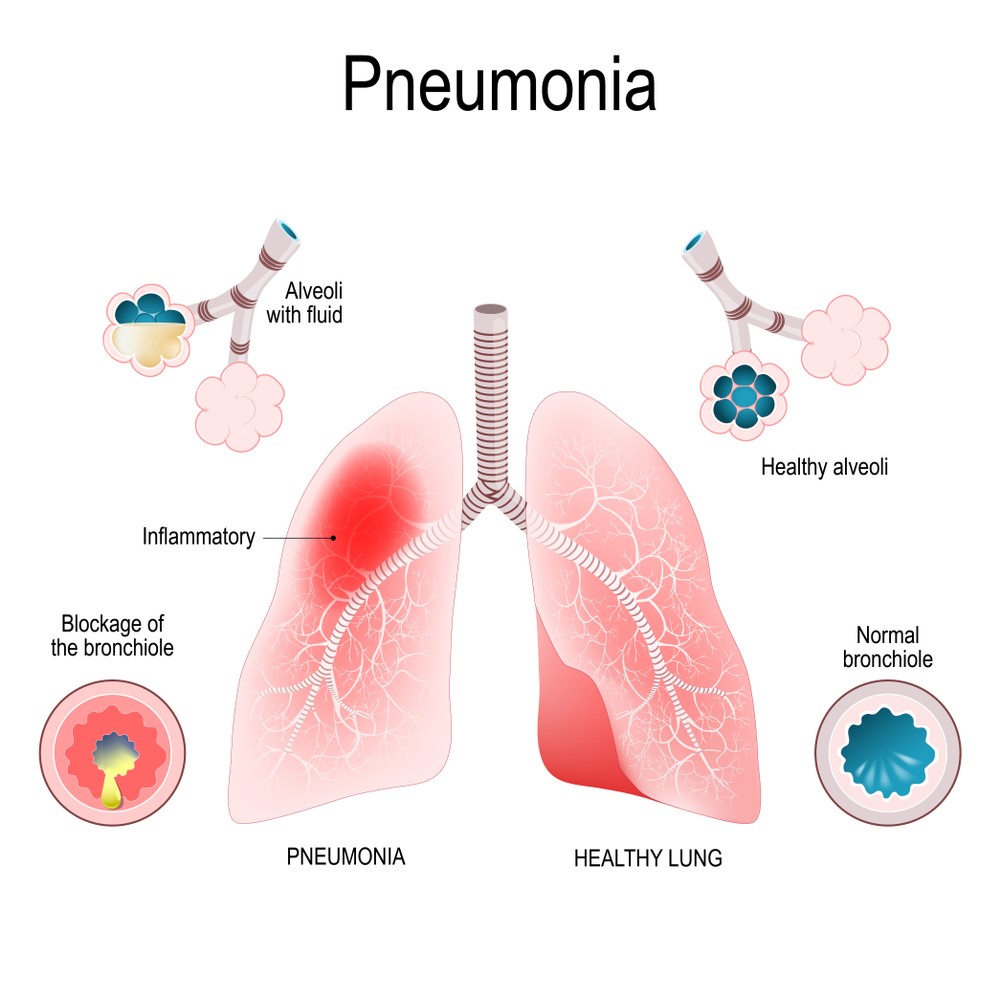
Post Operative Complications- Spinal Surgery
Additional complications following spinal surgery include:
- Dural Leak, this is a leak of the spinal fluid which surrounds the brain and spinal cord. Signs and symptoms can include severe headaches which are relieved by lying flat, clear fluid leaking from the wound site, nausea and vomiting, sensitivity to light and/or sound and a loss of balance. Please notify your surgeon asap if this occurs as surgical intervention may be required.
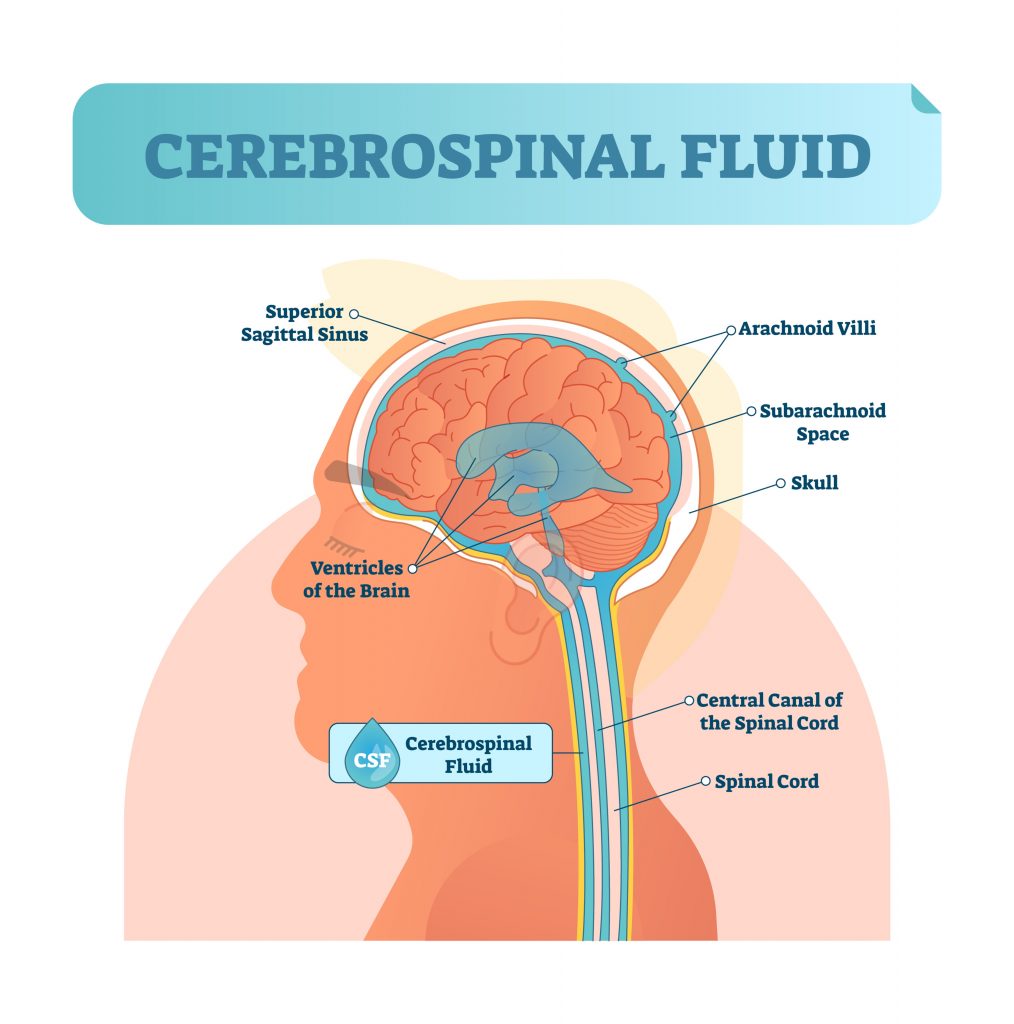
- New Neural Signs, injuries to the nerves give rise to signs and symptoms which can include pins and needles, numbness, burning and muscle weakness into the upper or lower limbs. Injuries to the spinal cord give rise to signs and symptoms which can include loss of bladder and bowel control, increasing clumsiness and weakness in the arms or legs, sudden sexual dysfunction and nerve symptoms into both arms or legs. Please notify your surgeon asap if you are experiencing any new or significantly worsening symptoms as surgical intervention may be required.
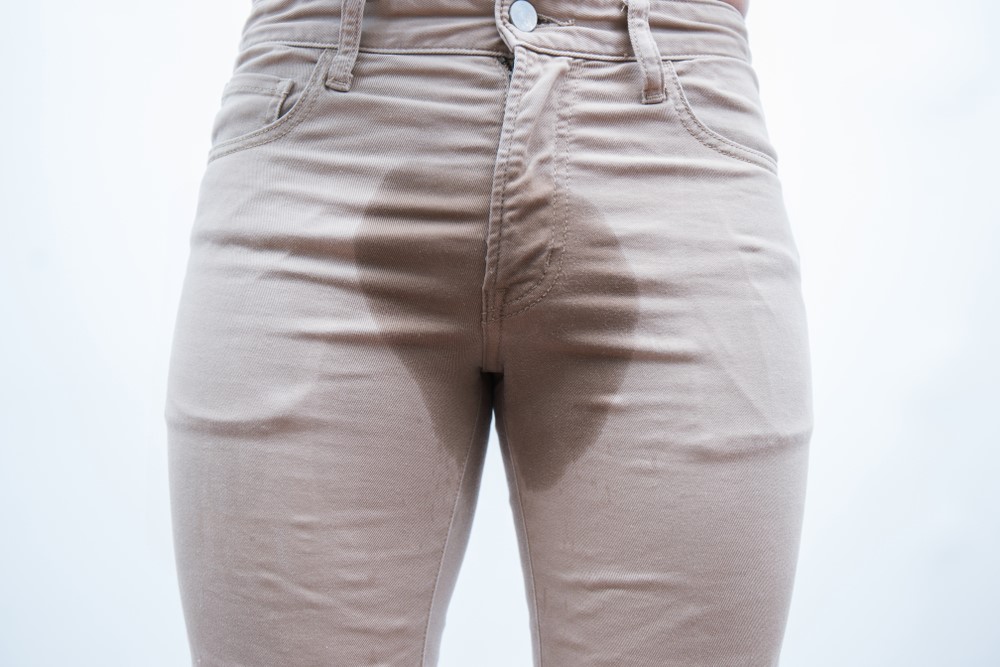
Please keep in mind the information provided is general in nature and should not be used as a substitute to consult your treating health professional. If you have any specific questions or require assistance with your individual treatment requirements please do not hesitate to contact MyFamily Physio Mona Vale, Northern Beaches Sydney.